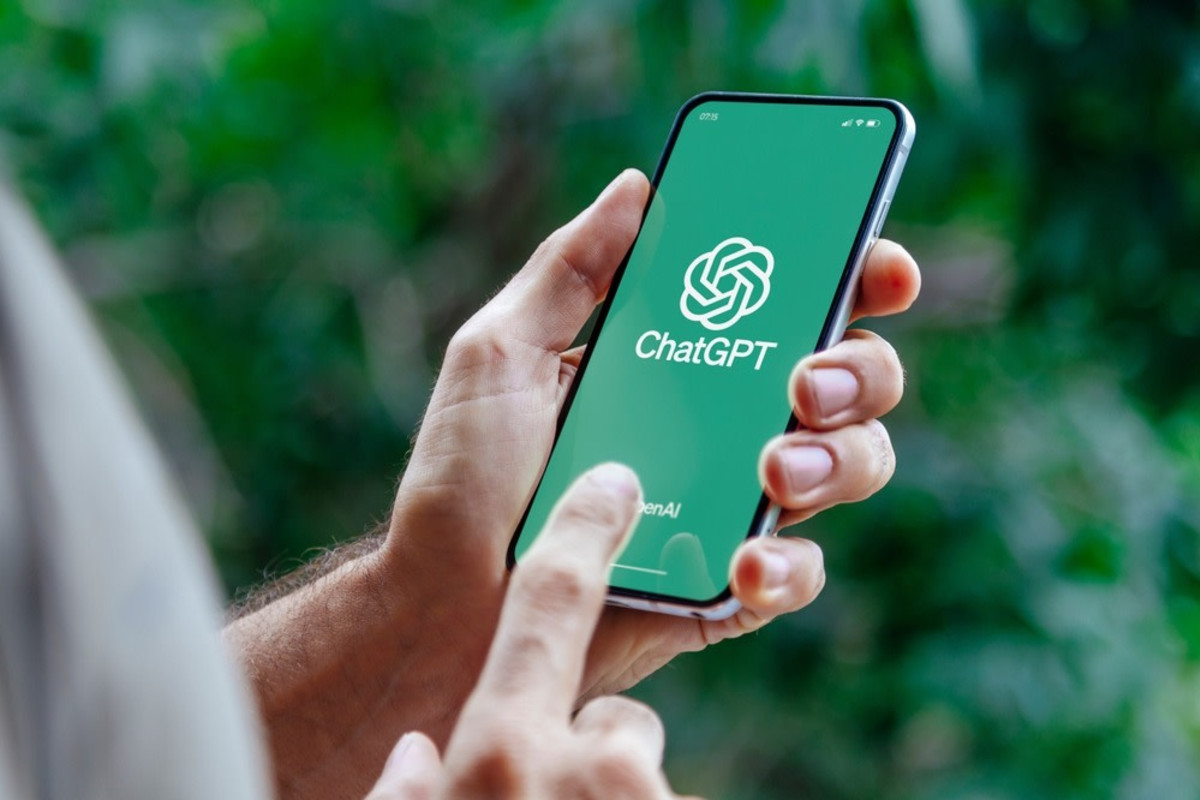If you have not yet become addicted to artificial intelligence, that day will come very quickly: Israelis flock to artificial intelligence platforms and use them daily, sometimes even hourly. The most popular artificial intelligence in the world and in Israel, and probably the best of them today, is GPT chat, known in technological parlance as Chapta.
The artificial intelligence is becoming more and more humanoid: whether in a voice conversation or in writing, the chat will always “raise” you, try to improve your feelings, and do everything you tell it, within the limits set for it. And sometimes, we are just grateful for his tremendous help and constant ending: “I’m always here for you.”
This conversation with GPT chat sometimes becomes pseudo-human, and we find it hard not to be charming to it. Thus, commands tend to be phrased too nicely: “Please look for me…”, “Please find…”, “If it’s not difficult, friend me…”. So do you really need to be polite to GPT chat? Does he even care how we write to him?
GPT Chat is an advanced language model developed by the OpenAI company. The model is based on the Transformer artificial neural network architecture, which is capable of processing and understanding text in an unprecedented way. Its goal is to produce smart and flowing conversations, using huge data collected from internet sources such as articles, books, and websites.
The model “learns” by processing billions of words during the training phase, where it receives texts and tries to predict the next word in the text in the most correct way. Through repeated corrections, he improves his accuracy and develops abilities to produce text that fits the context, flows and responds like a natural conversation. Although it doesn’t really understand the meaning of words like humans, it functions as an advanced system for imitating human language.
Does GPT chat have feelings? The simple answer is no. A GPT chat is not a living entity, and has no emotions or consciousness. He doesn’t feel anger, joy, or affection, and it doesn’t matter to him if you write to him politely or rudely. It operates on the basis of mathematical algorithms and not on the basis of emotions. Therefore, he is not moved by compliments or offended by less pleasant comments. As far as the model is concerned, text is simply information that needs to be responded to in the best possible way.
Therefore, using politeness in front of GPT chat is not necessary, but it can affect your chat experience in person. The model is programmed to treat questions and orders with the same level of professionalism and quality, regardless of the writing style. For example, if you ask “How do you treat inflammation?” or “Please, can you explain to me how inflammation is treated?”, the answer will be the same in quality.
But there are cases where the wording affects the accuracy of the answer. Clear, orderly wording full of relevant details helps the model understand your intent better, so it may provide a more accurate answer. This is also true when you ask for corrections or clarifications – the more precise your question is, the more you can get an answer that suits your needs.
As mentioned, from a technical point of view, politeness will not affect the model itself. However, politeness can enrich your user experience and contribute to the tone of the conversation. For example, if you use words like “please” or “thank you,” it might make the conversation feel more pleasant to you, like you’re talking to a human being. Moreover, politeness may encourage the model to maintain a friendly and inviting conversational tone, depending on the style in which you write.
In the end, GPT chat is a powerful technological tool that aims to provide information and help with any question – not a conversation partner looking for personal attention. So write what is convenient for you, and let the machine do the work.
